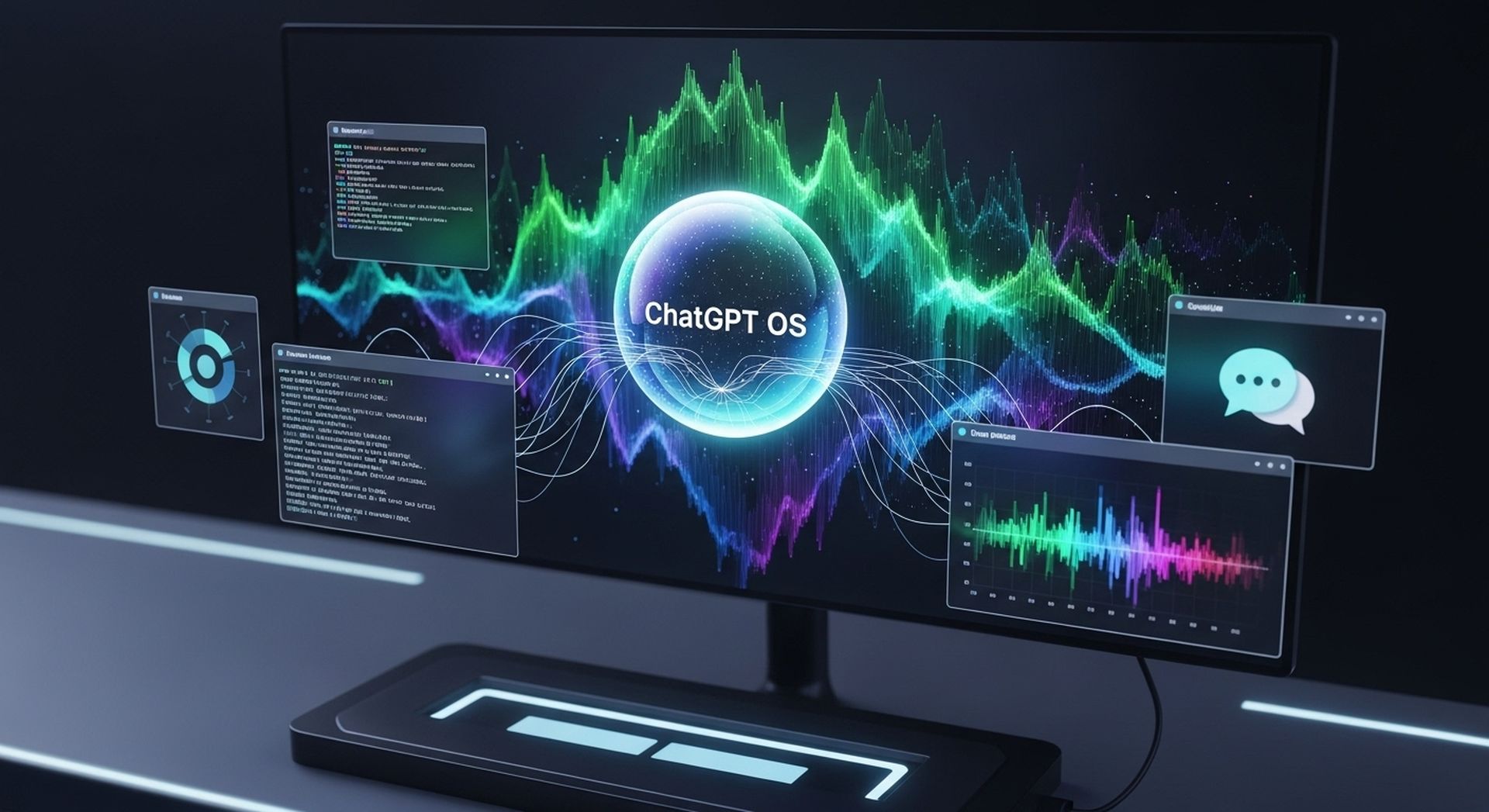OpenAI is making waves in the tech world with its ambitious plan to transform ChatGPT into a groundbreaking operating system for third-party applications, as announced by Nick Turley, the head of ChatGPT.
This strategic shift, reported by Dataconomy on October 9, 2025, signals a new era for the AI platform, moving beyond a conversational tool to a comprehensive ecosystem for developers and users alike.
The Evolution of ChatGPT: From Chatbot to Platform
The initiative aims to integrate third-party apps directly into ChatGPT, allowing seamless interactions within the chat interface and positioning it as a central hub for digital activities.
Historically, ChatGPT has evolved from a simple language model introduced in 2022 to a widely adopted tool with millions of users, showcasing OpenAI's rapid innovation in AI technology.
Impact on Developers and Businesses
This transformation could redefine how developers build and deploy applications, with ChatGPT offering a unique platform for app integration, potentially rivaling traditional operating systems.
For businesses, this means access to a versatile AI ecosystem that could streamline operations, enhance customer engagement, and drive innovation across industries.
A Look at OpenAI's Ambitious History
OpenAI's journey, marked by milestones like the launch of GPT-3 and GPT-4, reflects a consistent push towards creating AI that augments human capabilities, culminating in this bold OS vision.
The company's focus on scalability and accessibility, evidenced by recent expansions like ChatGPT Go in Asia, underscores its commitment to global reach and user inclusivity.
Future Implications of an AI-Driven OS
Looking ahead, ChatGPT as an operating system could challenge giants like Microsoft and Google, potentially reshaping the digital landscape with an AI-first approach.
However, concerns remain about data privacy and security, as integrating third-party apps into a central AI system raises questions about user trust and regulatory compliance.
As OpenAI navigates these challenges, the success of this venture could hinge on balancing innovation with ethical considerations, ensuring a user-centric design.
Ultimately, this development marks a pivotal moment for AI, with ChatGPT poised to become not just a tool, but a foundational platform for the future of computing.


 Andrew Lee
Andrew Lee





